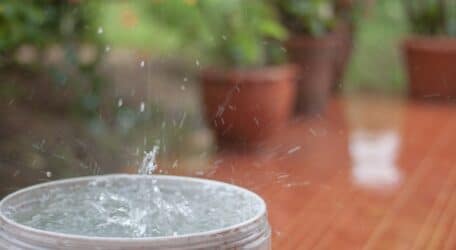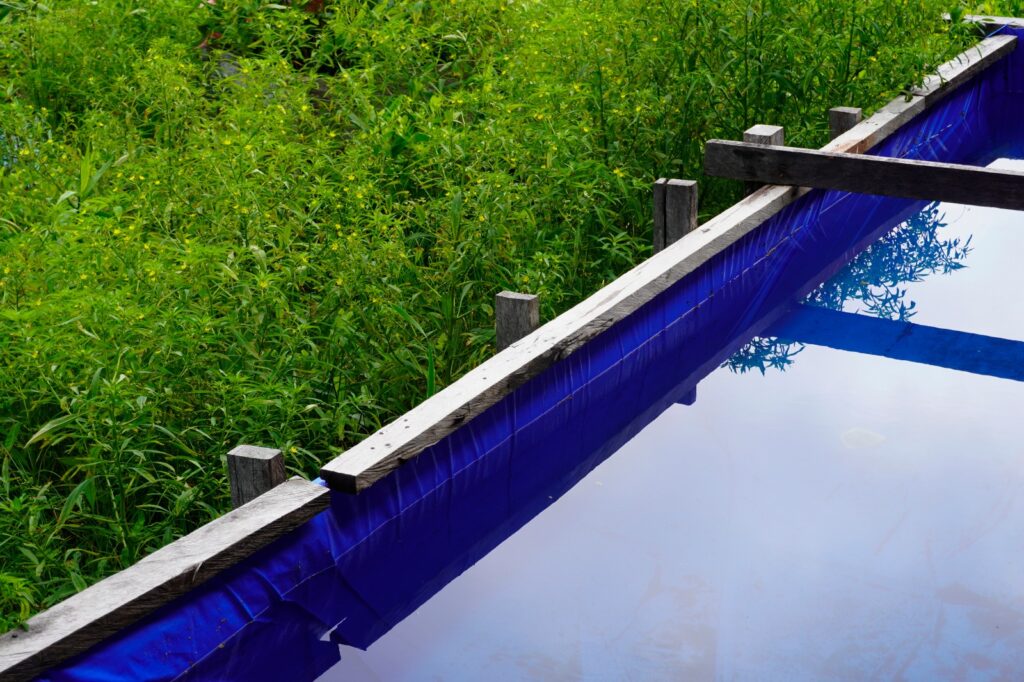
Why is it important to harvest rainwater?
As the world faces an increasingly critical need to address climate change, the impact that water conservation has on a sustainable environment is unquestionable. Over the past few years, there has been an increase of water shortages in several parts of the world.
Malta is one of the ten poorest countries in the world in terms of natural freshwater resources per inhabitant. This is attributed to three factors: a small catchment area, low annual rainfall, and a very high population density. Moreover, Malta’s projected temperature and rainfall is expected to change by the end of the 21st century, as climate change is set to change and worsen the island’s water precipitation patterns.
While our planet may never run out of water, it’s important to remember that clean freshwater is not always available where and when humans need it. Water scarcity is a result of low availability of freshwater, which is further intensified by existing water resources being polluted by human activities. Therefore, one solution to this problem is rainwater harvesting: the practice of collecting and storing rainwater for reuse, rather than letting the water run off into the streets, eventually ending up in valleys and the sea.
Over the past years, our country has been making efforts to diversify water resources, also through the harvesting rainwater. In Malta, the most rainfall is seen in December hence there’s no better time to talk about rainwater harvesting and the main reasons to take advantage of this resource. The reality is that using rainwater can bring significant economic and environmental benefits. Unfortunately, a substantial proportion of our rainwater is still lost to the sea. It’s important that our houses and buildings have functional rainwater cisterns. This is also important for the planned development of new buildings. Having a functioning rainwater harvesting system, such as a well or reservoir, can benefit the running costs of the building and the environment.
No doubt, rainwater harvesting also helps to decrease your water utility bills. Whenever purchasing or renovating your home, consider the importance of having a well for rainwater harvesting. If this is not possible, look into other ways of how you can store rainwater for future use.
If you keep your catchment area clean, the harvested rainwater will be free of chemicals, heavy metals, pharmaceuticals, and other contaminants. Moreover, harvested rainwater is naturally soft!
If sufficient rainwater is collected in the rainy months, it will help to fulfil the demand of water throughout the year. It is a good source of irrigation for plants, landscaped areas and agricultural fields. For centuries, rainwater harvesting in Malta has always been a widespread and important practice to help us with our daily water needs.
Remember, for every drop of water you harvest and use, the available water will allow you to address your day-to-day water needs, you will be making a valid contribution to the environment and eventually also result in savings from your water utility bills.
For more water saving tips visit water.org.mt.
- December 21, 2021 No comments Posted in: Environment Tags: rainwater






